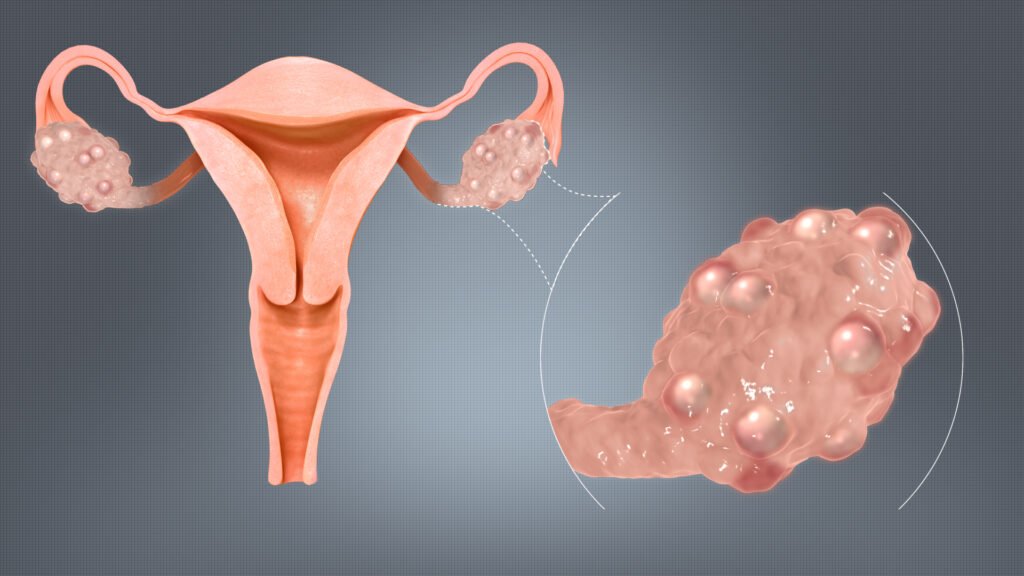
Dysuria
Dysuria is a medical term for painful urination.
Symptoms of dysuria are burning pain or discomfort before, during and after passing urine.
It mainly affects women more as compared to men.
Dysuria mainly occurs due to urinary tract infections that more commonly occur in women because of the short urethra where bacteria easily travels to the bladder and then to the kidneys.
Causes of Dysuria:
Causes of dysuria in males and females differ from each other.
In females:
• Urinary tract infection
• Cystitis: infection of the wall of the urinary bladder known as cystitis.
• Vaginitis
• Sexually transmitted diseases like chlamydia and gonorrhoea can cause dysuria.
• Renal calculi
• Urethritis: Inflammation of the urethra can cause dysuria.
• Inflammation can occur due to chemical agents like soap, douches, or scented toilet paper can cause irritation that may cause burning urination.
• Genital herpes
• Bladder cancer
In men:
• Urinary tract infection
• Diverticulitis or diverticulosis
• Prostate cancer
• Prostatitis
• Radiation or chemotherapy can cause the inflammation of the bladder
• Bladder cancer.
Symptoms:
• The burning sensation is the most prominent symptom of dysuria while urinating.
• Pain at the beginning of urination is the symptom of urinary tract infection.
• Burning pain is accompanied by inguinal pain that extends to the lower abdomen and to the back.
• The frequent urging of urination.
• Bleeding can occur along with a burning sensation.
• Discharge from the urethra with redness and inflammation in the opening of the vagina.
Diagnosis:
• Urine analysis: to rule out urinary tract infection.
• Urine culture: to see which organism has caused the infection.
• KUB ultrasound
• CT scan or sonogram of the prostate.
• PSA to detect prostate cancer.
Risk factors:
• Diabetic patients
• During pregnancy
• Cystitis
• Renal stone
• Gonorrhea
• Genital herpes
Management:
• Drink plenty of water that may help in flushing out of bacterias.
• Maintain personal hygiene
• Do not use chemical agents that may cause irritation to the genitals.
• Increase the intake of vitamin c and cranberry juice.
• Do not hold urine for a longer period of time.
• Use cotton underwear and avoid synthetic fabric
• Avoid coffee, sugar, and spicy food.
Homeopathy Medicines for Dysuria:
• Cantharis: cantharis is well indicated in dysuria and cystitis. There is a constant desire to urinate and pass small quantities of urine with tenesmus. Burning cutting type of pain before, during and after urination. Severe and burning pain in urethra. Urethritis with violent pain and heaviness in the bladder.
• Sarsaparilla officinalis: sarsaparilla can be given in the dysuria where dysuria occurs at the conclusion of the urination. Tenesmus of the bladder. Dribbling of urine while sitting and unable to pass urine while standing. Crusty sediments pass with urine that cause severe burning pain in the urethra.
• Berberis vulgaris: this medicine has good results in cystitis or burning pain in the lower abdomen. Dysuria with frequent urination. Pain in the thighs and inguinal region while passing urine. Incontinence of urine feeling as the bladder is not empty completely.
• Sabal serrulata: sabal serrulata is mainly indicated for men with prostatitis and dysuria. Feeling as if bladder is full.
Pain and coldness feeling in the bladder that extends to the external genitalia. Pain at the beginning while passing urine. There is narrowing of urethra and difficulty in urination. Cystitis due to prostate enlargement and gonorrhea.